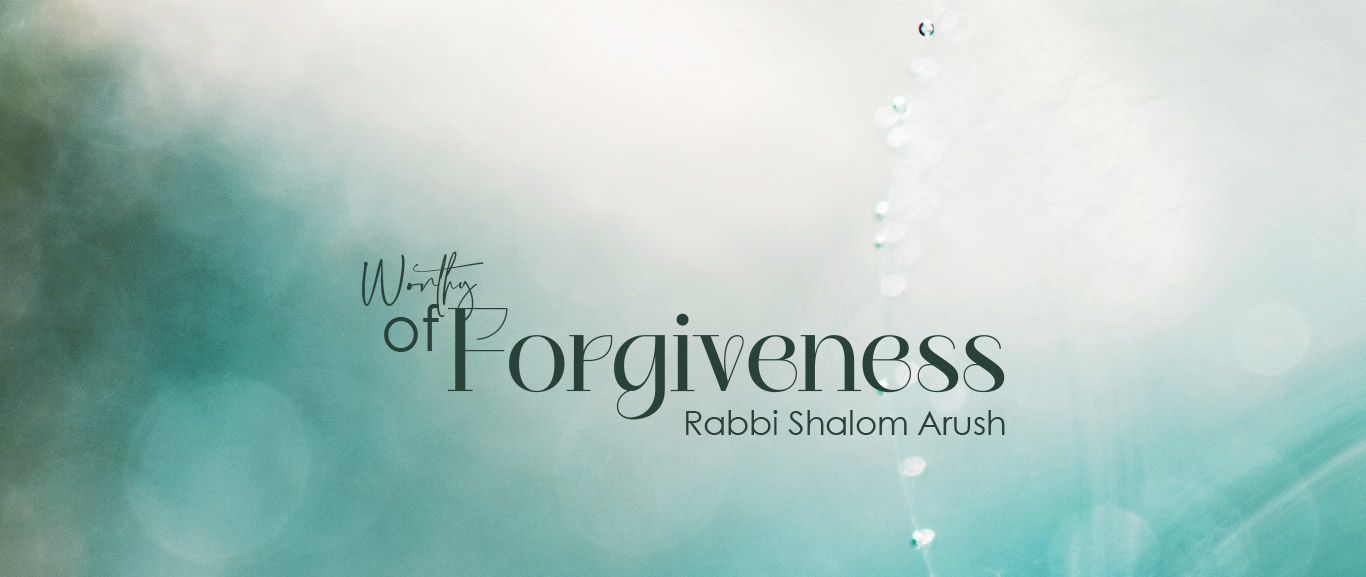
Worthy of Forgiveness
Both our personal and national soul correction is to stop our needless whining and perpetual complaining, and to begin saying "Thank You" to Hashem...

Part 3 of “Crowning The King”
On Yom Kippur, our job is to convince Hashem that we are worthy of forgiveness. Who is presumptuous enough to say that he is worthy? The evening that the spies returned from the Land of Israel to the Israelite encampment in Sinai, people cried all night long – for nothing. That night was Tisha B’Av; Hashem said, “You’re crying for no reason? Now I’ll really give you plenty of reason to cry.” That’s why for the last 3,324+ years, Tisha B’Av has been the worst day of calamity in the Jewish calendar. We learn hereby that the sin of the spies, and subsequently the sin of the entire Jewish people, was crying and complaining for nothing. This led to the subsequent destruction of both Holy Temples, the Spanish inquisition, and numerous other calamities to this day, all of which occurred on Tisha B’Av. So, in order to be worthy of forgiveness, we must mend our ways. Instead of crying, we must profusely thank Hashem for all of our blessings.
The Gemara in tractate Bava Metzia asks a question, ba’meh avda haaretz? Why did we lose our holy land twenty centuries ago and suffer exile and diaspora ever since? The Gemara gives a seemingly odd answer, saying that we didn’t make a proper blessing over the Torah before our learning every morning. Is this a contradiction to the Gemara’s other explanation – in tractate Sota – that our suffering came from the 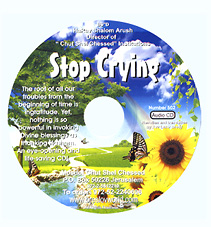 sin of the spies? Not at all – both explanations are the same aspect. Ingratitude manifests itself in needless complaining, as the Gemara states in tractate Sota when it describes the sin of the spies. It also manifests itself in a failure to appreciate and express gratitude, as we see in tractate Bava Metzia.
sin of the spies? Not at all – both explanations are the same aspect. Ingratitude manifests itself in needless complaining, as the Gemara states in tractate Sota when it describes the sin of the spies. It also manifests itself in a failure to appreciate and express gratitude, as we see in tractate Bava Metzia.
Both our personal soul correction and our national soul correction is to stop our needless whining and perpetual complaining, and to begin saying “Thank You” to Hashem from morning until night. As soon as we express our gratitude and refrain from complaining, we show Hashem that we no longer have any part in the sin of the spies and that we are worthy of forgiveness. As such, gratitude is one of the loftiest forms of Divine service.
The sin of whining and ingratitude is the root of all of our troubles. Ingratitude immediately unlocks the Pandora box of stern judgments. So by uprooting ingratitude and learning to say “Thank You”, we invoke Divine forgiveness and mitigate all stern judgments. This is not just a nice parlor-room concept. It really works.
A Baal Teshuva – a newly observant Jew – approached me in Uman right before Rosh Hashana and told me that his totally secular brother from a kibbutz informed him that he was sick with a terminal disease. I told the young man to tell his brother to thank Hashem for five minutes a day for the terminal disease.
Nobody could have been farther away from Judaism than this kibbutznik; he had no idea about the laws of Kashrut, Shabbat, or even Yom Kippur. Not only that; he was raised and educated with an antagonistic attitude toward anything that has the slightest association with Torah and observant Judaism. Yet, when the doctors say that they can no longer do anything to help a person, that person is willing to try almost anything. The Baal Teshuva brother explained the rationale of thanking Hashem, since according to the principles of emuna that we live by, everything comes from Hashem and everything is for the very best. The kibbutznik brother agreed to try. For the next several weeks, the Baal Teshuva brother phoned and said, “Listen, dear brother; I never meddled in your life and I never tried to hard-sell you my opinions. But, when you told me about your illness, I gave you a simple bit of advice that can save your life. Did you thank Hashem today?” Within a few short weeks, the kibbutznik’s malignant tumor disappeared; his disease had totally regressed.
We’ve had the privilege of witnessing many miracles from merely thanking Hashem, but what’s remarkable about the story of the kibbutznik is that he was totally secular and even anti-religious. The power of gratitude alone was enough to save his life.
Our biggest prayer should be to ask Hashem to help us be grateful, and to never complain about anything. That way, we are worthy of forgiveness. Gratitude enables us to be happy no matter what. Gratitude is a sign that we live our emuna, walking the walk and not just talking the talk. So when we say the Slach Na prayer on the High Holidays, our inner intent should be begging Hashem to forgive us for all the times we were ungrateful and complaining. Our expressions of appreciation and gratitude as well as our efforts to take nothing for granted are the very best form of teshuva, particularly for the age-old sin of the spies.
Many people protest the Gemara’s statement that for one night’s crying, we have been punished for posterity. The punishment for posterity is because we’re still crying. Let’s substitute the whining and complaining with expressions of gratitude to Hashem, and we’ll see every blessing in life.
To be continued





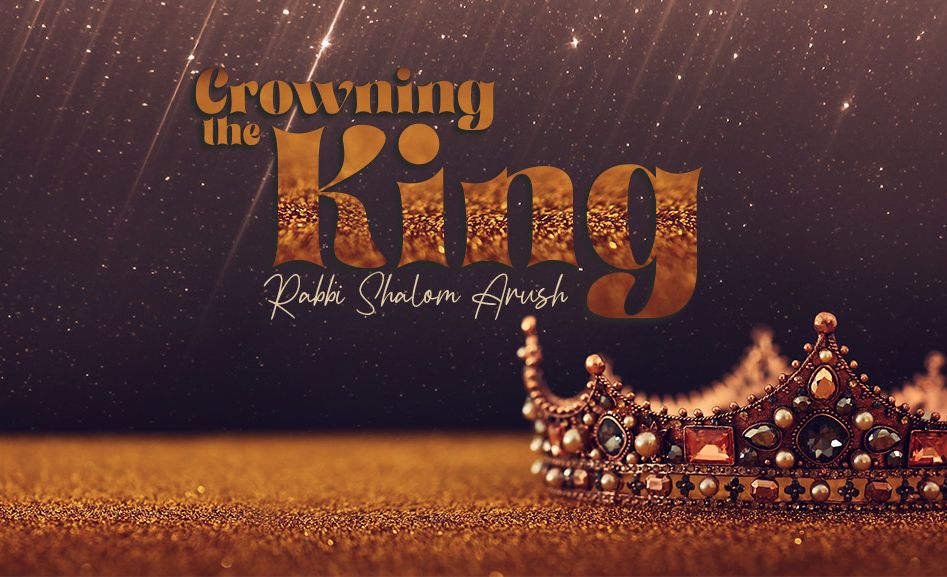

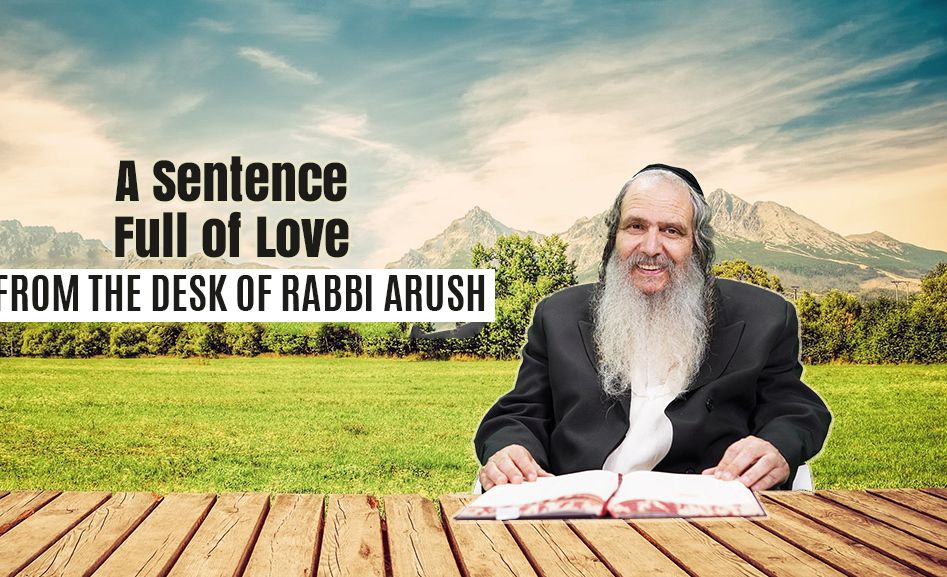

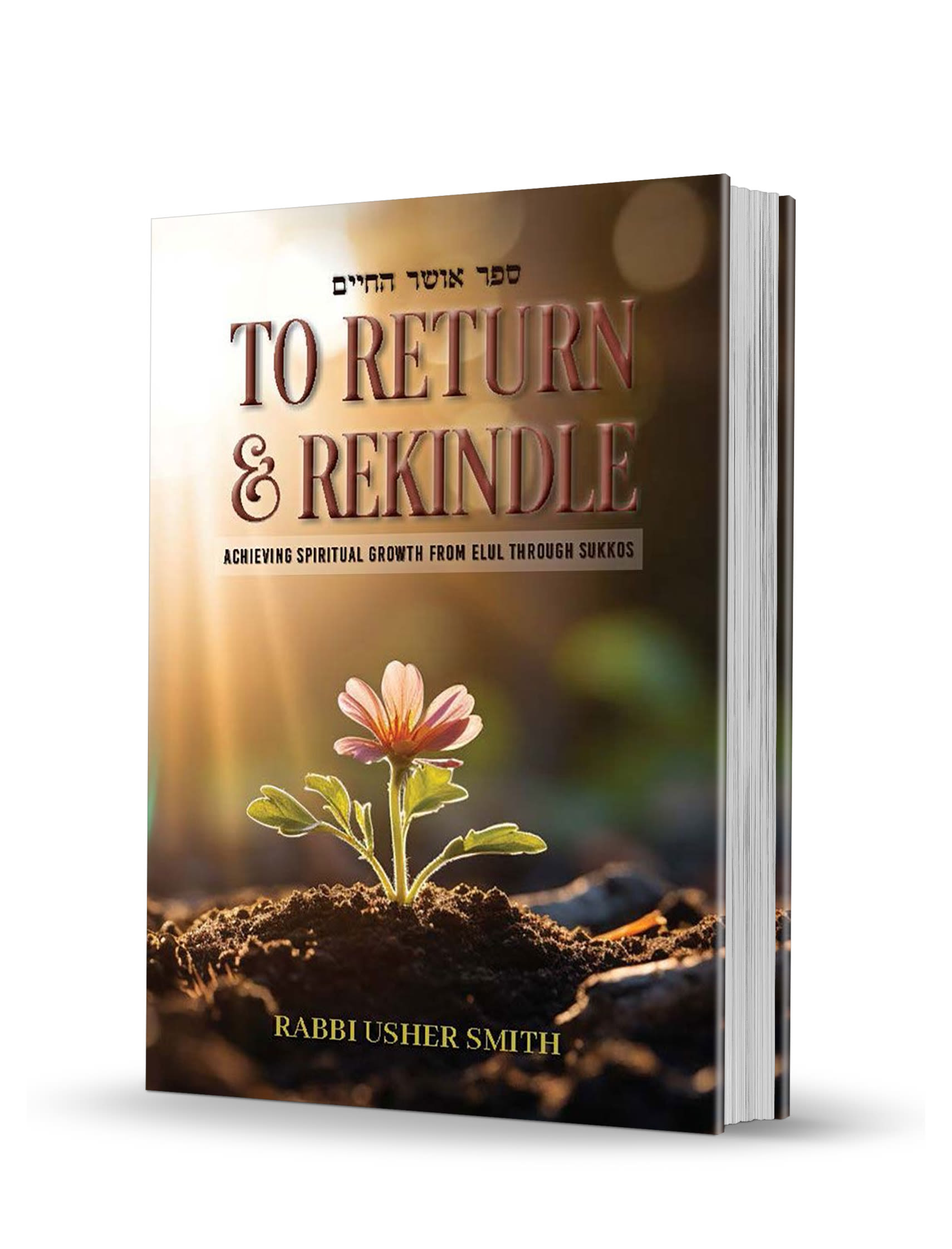




Tell us what you think!
Thank you for your comment!
It will be published after approval by the Editor.